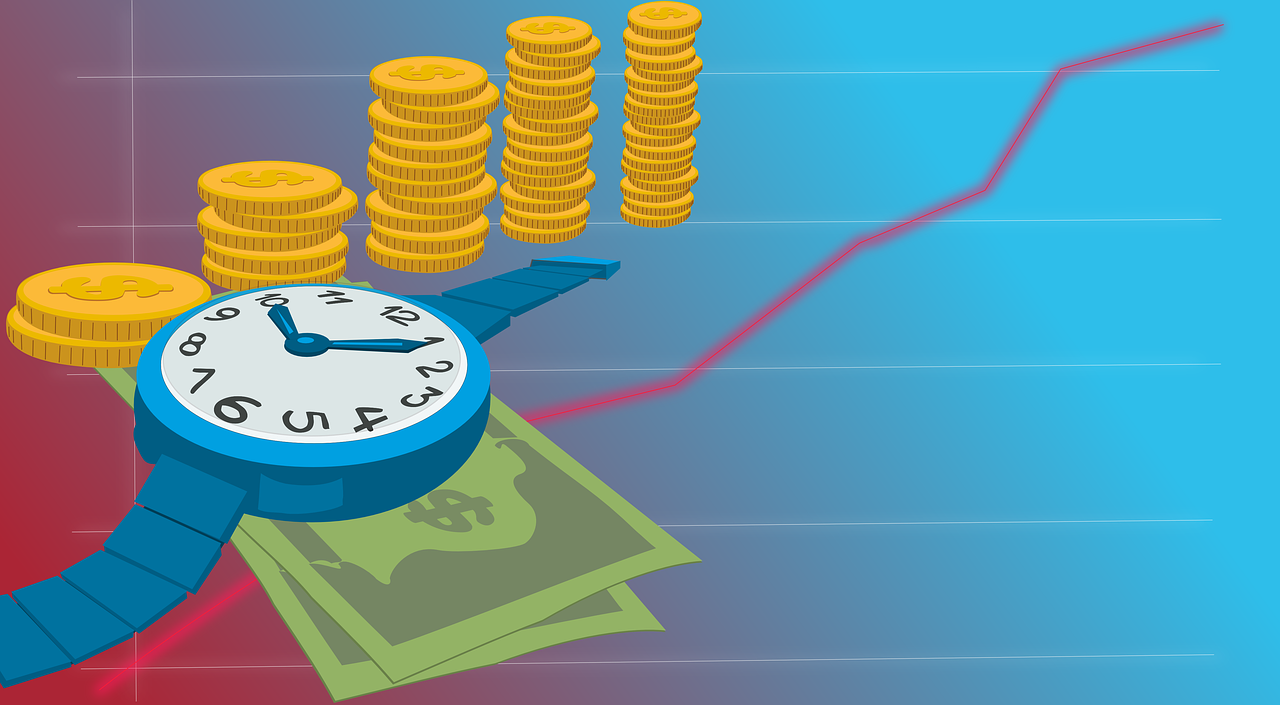In this, you get to know about Tax Lien Investing. Are you seeking a low-risk investment option with great returns? Tax lien investing might be the answer.
Tax lien investing is a little-known investment strategy that allows investors to purchase tax liens on properties that are delinquent on their property taxes.
We will offer you a thorough overview to tax lien investment in this post, covering what it is, how it works, and the possible benefits and cons.
At the conclusion of this essay, you’ll know exactly what tax lien investing is and whether it’s suited for you.
What is Tax Lien Investing?
Tax lien investing is the process of purchasing a lien on a property that has delinquent property taxes.
The local government will place a lien on a homeowner’s property if they fail to pay their property taxes.
This lien represents the amount of unpaid taxes, plus any penalties and interest that have accrued. The local government then auctions off the liens to investors in order to recoup the unpaid taxes.
How Does Tax Lien Investing Work?
When an investor purchases a tax lien, they are essentially paying the delinquent property taxes on behalf of the homeowner. In exchange for paying these taxes, the investor receives a lien on the property.
This lien gives the investor the right to collect the unpaid taxes, plus any penalties and interest, from the homeowner. If the homeowner fails to pay the taxes, the investor can foreclose on the property and take ownership.
Benefits of Tax Lien Investing
- High returns: Tax lien investing can yield high returns, often in excess of 10%.
- Low risk: Tax lien investing is considered a low-risk investment strategy because the investor is purchasing a lien on a tangible asset – the property.
- Short-term investment: Tax liens typically have a short redemption period, ranging from six months to two years. This means that investors can see a return on their investment relatively quickly.
Drawbacks of Tax Lien Investing
- Limited availability: Tax lien investing is not widely known, and opportunities to invest in tax liens can be limited.
- Lack of liquidity: Tax liens are not very liquid, which means that investors may have difficulty selling their liens if they need to cash out.
- Potential for loss: While tax lien investing is considered low-risk, there is still the potential for loss if the homeowner fails to pay the taxes and the investor is unable to foreclose on the property.
How to Invest in Tax Liens
- Research: Before investing in tax liens, it is important to do your research. Research the local laws and regulations regarding tax liens, as well as the local real estate market.
- Attend auctions: Tax liens are typically auctioned off by the local government. Attend these auctions to get a feel for the process and the competition.
- Have a strategy: Decide on a strategy for investing in tax liens. Will you focus on high-yield liens or liens on properties in desirable locations?
- Do your due diligence: Before purchasing a tax lien, do your due diligence on the property. Research the property’s value and any potential issues that may prevent the homeowner from paying their taxes.
Conclusion
Tax lien investing can be a lucrative investment opportunity for those willing to do their due diligence and take on a relatively low amount of risk. With the potential for high returns and a short redemption period, tax lien investing is an attractive option for many investors.
It’s crucial to be aware of any potential disadvantages, such as lack of availability and liquidity.
You may decide whether tax lien investment is the correct choice for you by doing the steps indicated in this article.
FAQs
What happens if the homeowner pays their delinquent taxes after I purchase a tax lien on their property?
If the homeowner pays their delinquent taxes, the investor will receive their investment back, plus any interest and penalties that have accrued.
Can I purchase tax liens on commercial properties?
Yes, you can purchase tax liens on both residential and commercial properties.
Do I need to have a lot of money to invest in tax liens?
While tax lien investing can be a high-yield investment opportunity, it is possible to start with a relatively small amount of money. Some tax liens can be purchased for as little as a few hundred dollars.
What happens if I am unable to foreclose on the property?
If an investor is unable to foreclose on the property, the lien may be sold to another investment. However, it is important to note that tax liens are not very liquid and may be difficult to sell.
Are there any tax implications for investing in tax liens?
Yes, there are tax implications for investing in tax liens. Any interest earned on the investment is subject to taxes, and investors should consult with a tax professional before investing in tax liens.
Must Read:

